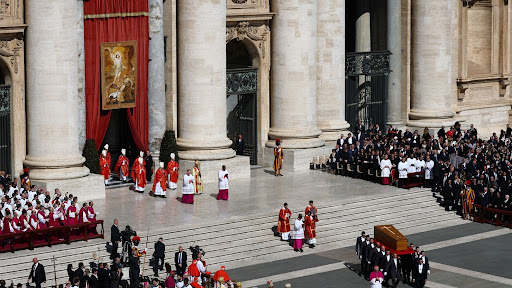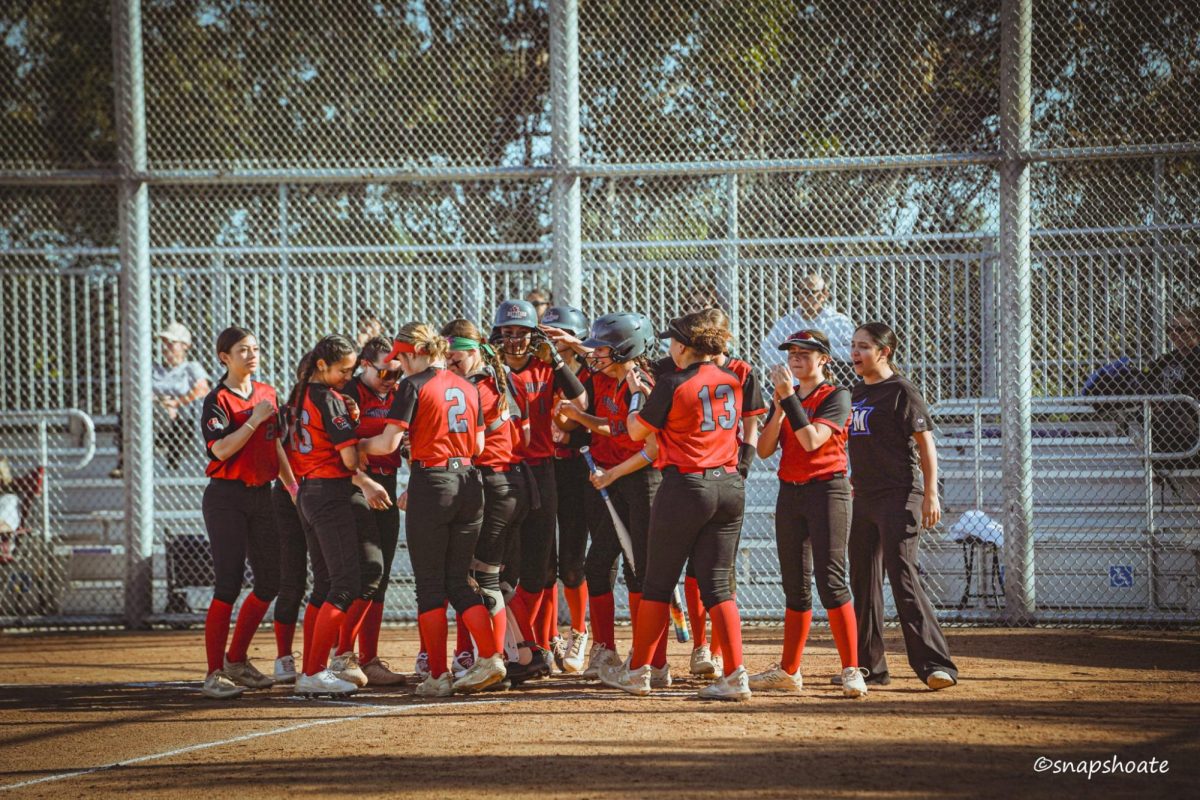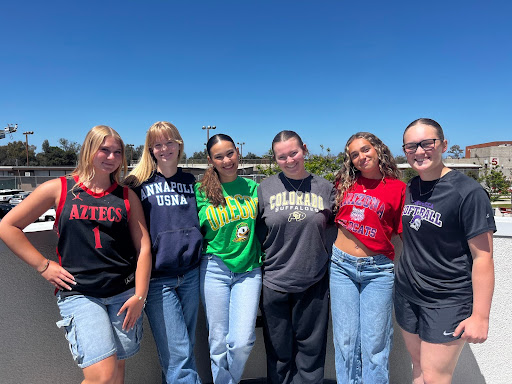Travis Hunter’s Heisman Trophy victory over notable competitors like Ashton Jeanty, Dillon Gabriel, and Cam Ward has sparked widespread discussion in the college football community. Each of these players brought unique strengths to the table, making the competition fierce.

Ashton Jeanty, a rising star for Boise State, showcased remarkable skills as a running back, consistently putting up impressive numbers. His ability to break tackles and explode through defenses garnered him a lot of attention. Jeanty’s exceptional vision and agility on the field allowed him to rack up significant yardage and deliver crucial touchdowns, making him a favorite among fans and analysts alike. However, while his contributions were substantial, the allure of a two-way player like Hunter ultimately drew more recognition.
Dillon Gabriel of Oregon also had a standout season, demonstrating his prowess as a quarterback. With precision passing and strong leadership, Gabriel orchestrated an offensive attack that kept defenses guessing. He excelled in reading the game and making quick decisions under pressure, which led to numerous victories for the Ducks. Yet, Gabriel’s single-position focus paled in comparison to Hunter’s ability to influence the game from multiple angles, enhancing his claim for the Heisman.
Cam Ward, representing Miami, was another formidable contender. As a dual-threat quarterback, Ward displayed remarkable mobility and decision-making, consistently keeping defenses on their toes. His quick release and ability to extend plays made him a dangerous player. While his skills were impressive, Hunter’s unique combination of cornerback and wide receiver talents resonated more with voters who were looking for a player capable of impacting the game in different facets.
Ultimately, Travis Hunter’s dual-threat capability as both a cornerback and wide receiver set him apart in the Heisman race. His remarkable ability to change the game on both sides of the ball, coupled with his highlight-worthy plays and leadership, made a compelling case for his candidacy. His win represents a shift in the narrative surrounding the Heisman Trophy, emphasizing the growing importance of versatile athletes in college football. Hunter’s accomplishments not only overshadowed those of Jeanty, Gabriel, and Ward but also paved the way for future players who aspire to make their mark in multiple roles on the field.

























